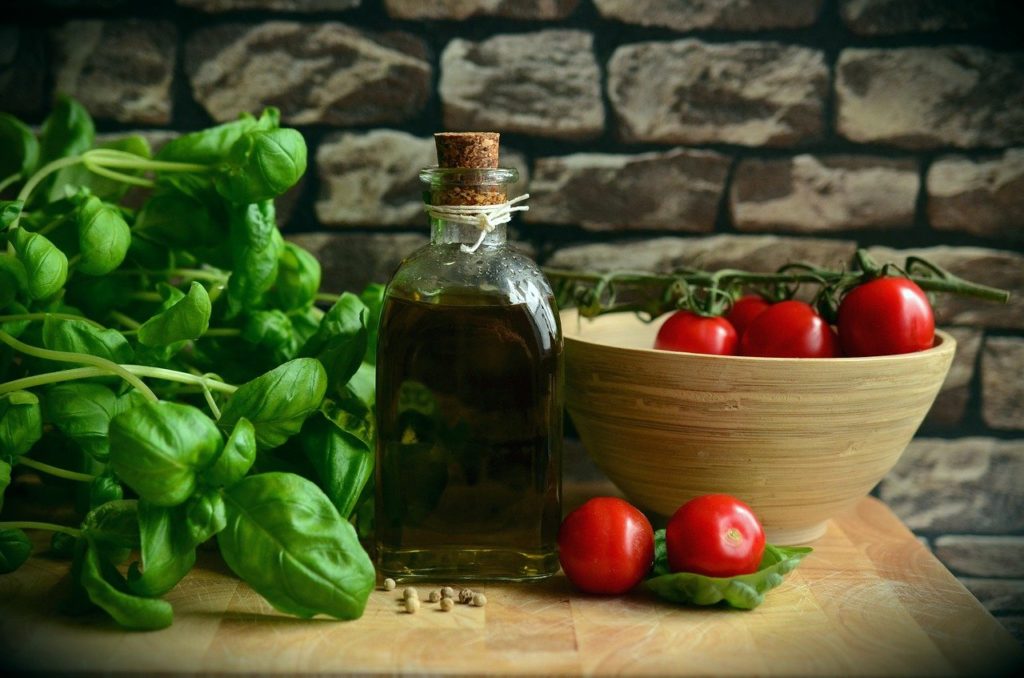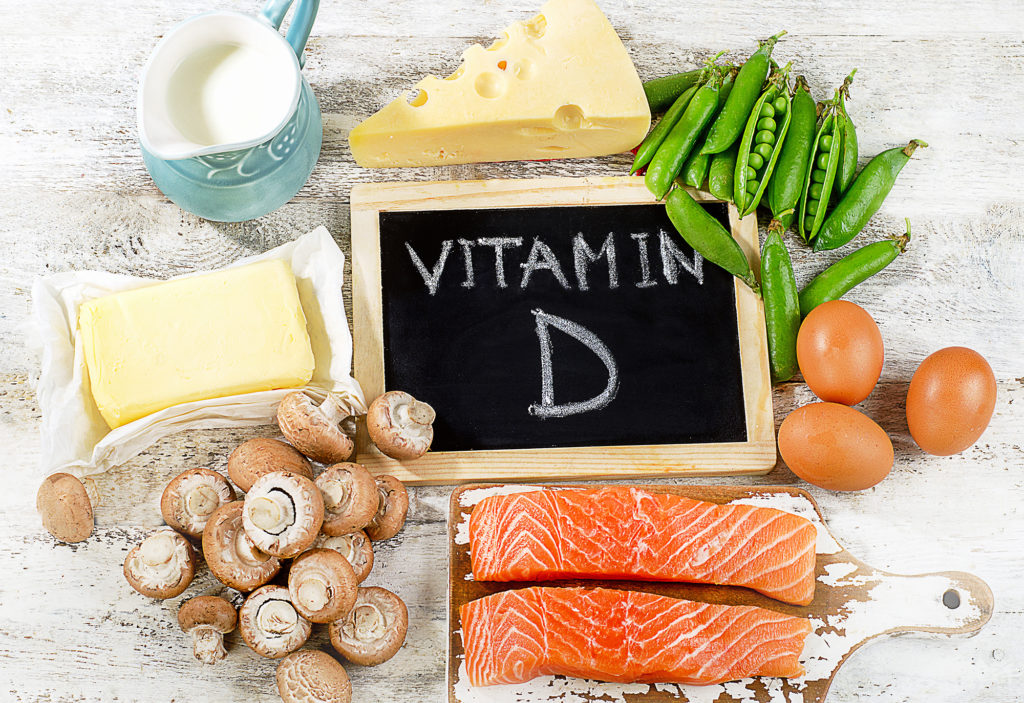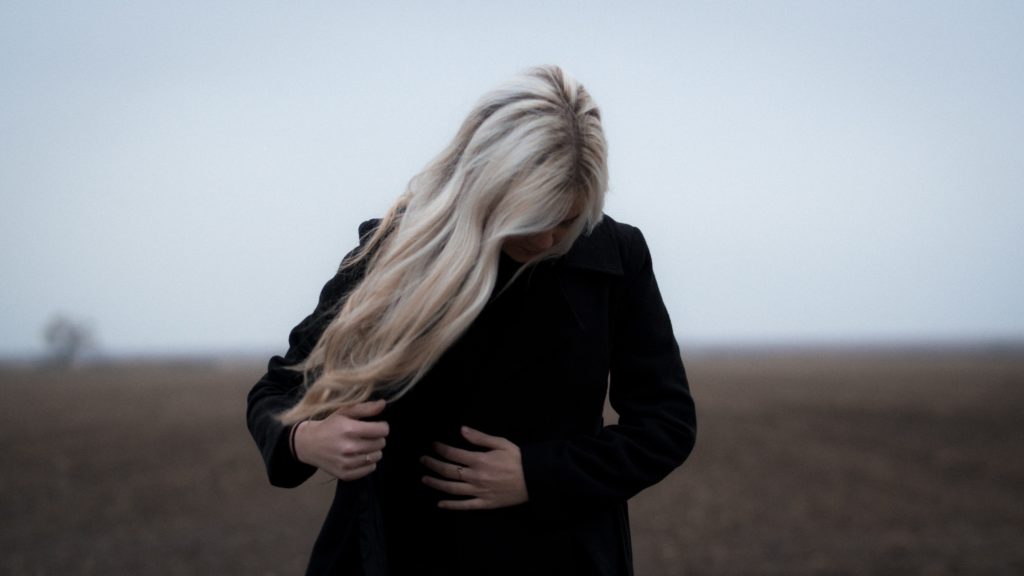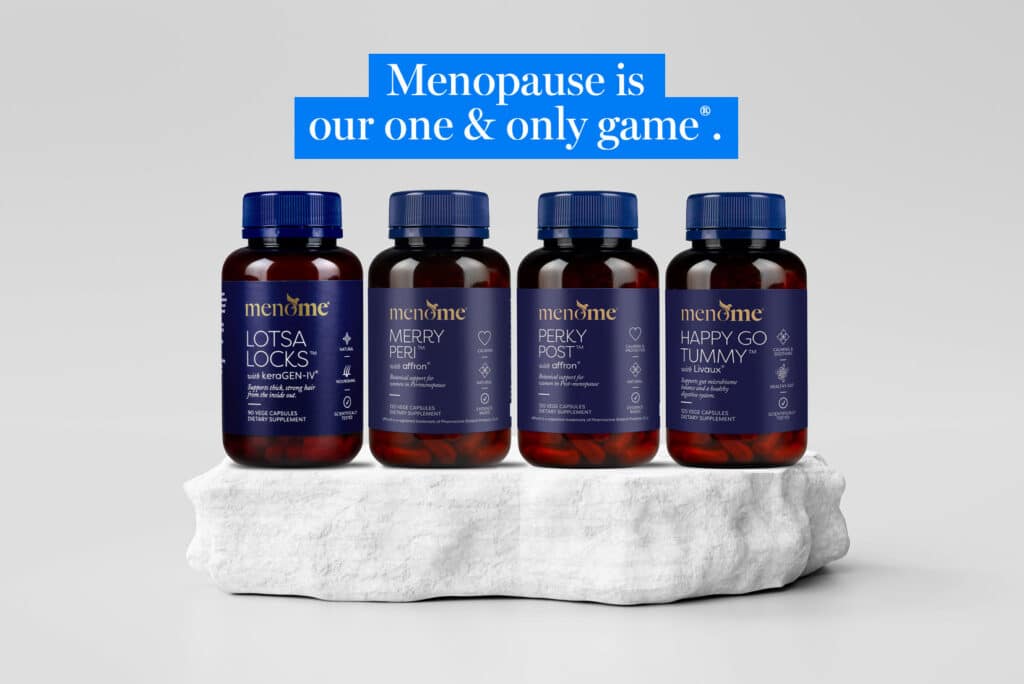Hair loss/thinning.
It’s one of the – for me anyway – annoying/heartbreaking side effects of the meno years.
When I noticed my hair becoming finer, and even receding a millimetre at the hairline I was upset. While nobody else noticed, to me, it yelled. I did some research and discovered that almost half of women who experience hair loss or thinning don’t talk about it. A bit like menopause right?
Half of the women who experience hair loss/thinning don’t talk about it (a bit like menopause right?). Share on X
So, I’ve been on the hunt for natural solutions and I have four to offer you.
In addition, I’m happy to tell you we’ve now added LotsaLocks® to the MenoMe® stable which has alleviated my issues. More info on that below. 😀
I know how traumatic hair loss can be. Indeed, through my research, I’ve learned how much it can affect a woman’s confidence. Plus, if you’re reading this you’re probably in your 40s or 50s. And the statistics show hair loss affects around one-third of women by age 50.
Hair loss affects about a one-third of women by age 50. Share on X
Hormones have a lot to do with it (of course!). As your estrogen levels fall, hormones called androgens cause hair follicles to become smaller and produce finer hair. In some cases they even stop growth.
Our old foe stress is also believed to be behind an increase in hair loss. Another reason we recommend incorporating stress releasing lifestyle practices into your life during the meno years.
So, here are my 3 go-to's
1. LotsaLocks®

2. The Mediterranean diet

The Mediterranean diet is rich in fruits, vegetables, whole grains, nuts, seeds, and healthy fats like extra virgin olive oil, and provides essential nutrients that support hair health. In addition, it’s anti-inflammatory properties promote better scalp circulation, while key nutrients like biotin, zinc, and omega-3 fatty acids nourish hair follicles, reduce hair thinning, and encourage growth.
3. Vitamin D
Vitamin D plays a vital role in hair health by stimulating hair follicles and supporting the hair growth cycle. Indeed, low levels of vitamin D have been linked to hair thinning and alopecia. Additionally, vitamin D supports scalp health by reducing inflammation, providing an optimal environment for hair growth. Bonus? We include vitamin D in our Perky Post®.








